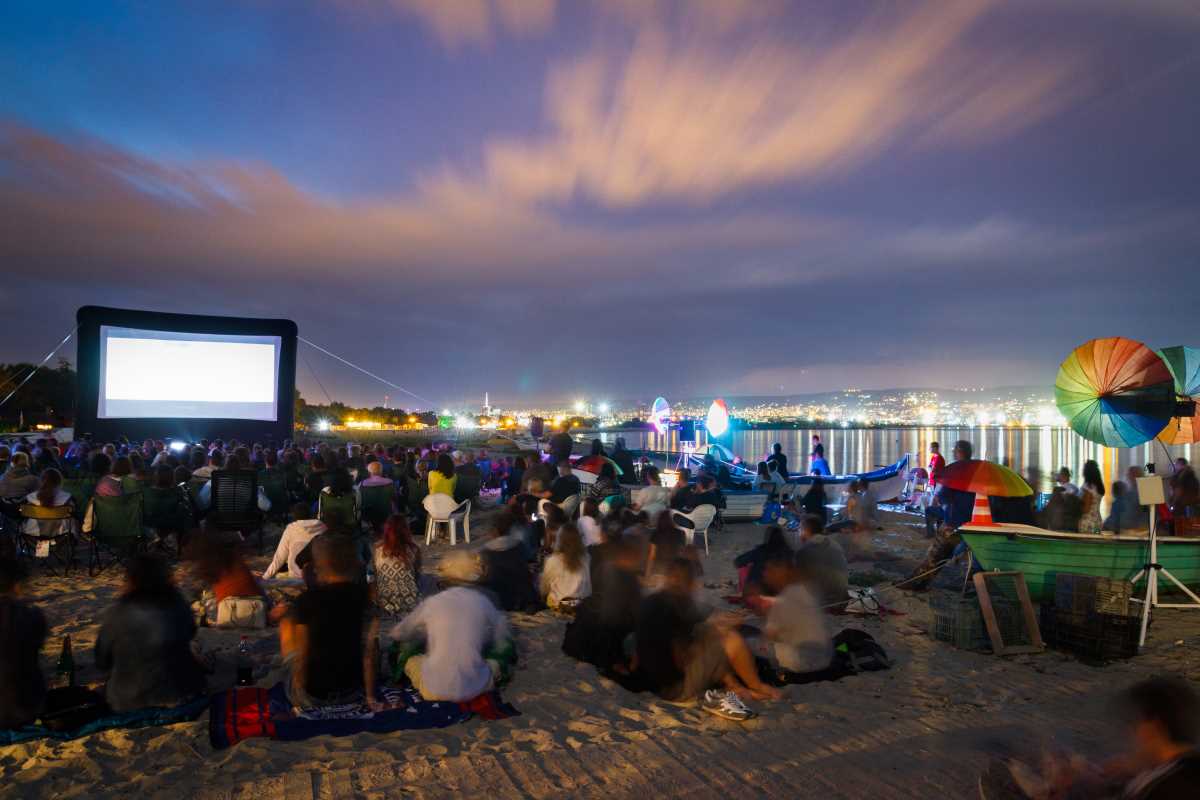In the realm of television, few genres have captured the public's attention and provoked as much debate as reality TV. From the dramatic confrontations of The Real Housewives to the strategic gameplay of Survivor, reality TV has become a staple of modern culture. Its pervasive influence can be seen in social media trends, water cooler conversations, and even the aspirations of fame-seekers. But what is it about reality TV that keeps audiences glued to their screens? Let’s delve into the allure of reality TV, its cultural significance, and what the future might hold for this polarizing genre.
The Appeal of Reality TV
Reality TV’s appeal is multifaceted, drawing in viewers from all walks of life. One of its primary attractions is the element of drama. Unlike scripted shows, reality TV thrives on unpredictability, creating a sense of spontaneity that keeps audiences on the edge of their seats. Whether it’s a heated argument, a plot twist, or a heartfelt confession, these moments of raw emotion and unexpected events captivate viewers and keep them coming back for more. There’s a certain thrill in knowing that anything could happen, and the drama often feels real, which makes it feel more immersive.
Another key factor is relatability. Reality TV often features ordinary people placed in extraordinary situations, allowing viewers to see themselves in the participants. This connection fosters a sense of empathy and investment in the characters’ journeys. Shows like The Bachelor or Big Brother invite viewers to choose favorites, speculate on outcomes, and engage in conversations about the contestants’ decisions and behaviors, creating a community of shared experiences. The rise of social media has only amplified this connection, as fans interact with contestants and follow their journeys outside of the show, leading to a sense of intimacy with the participants.
Escapism plays a significant role in the genre’s allure. Reality TV offers an escape from the mundane, providing a glimpse into lifestyles or experiences that many viewers can only dream about. Whether it’s the luxury and glamour of Keeping Up with the Kardashians or the adventurous quests in The Amazing Race, reality TV transports viewers to worlds beyond their own, offering a temporary reprieve from everyday concerns. For many, watching someone else’s high-stakes drama or exotic vacations can feel like a mini-vacation for the mind.
Psychological Factors Behind the Obsession
The psychology behind reality TV’s appeal is intriguing. At its core, it taps into fundamental human interests such as voyeurism and social comparison. Watching real people navigate challenges and conflicts satisfies a natural curiosity about others' lives. It allows for a form of voyeurism that is socially acceptable, as viewers observe the intimate details of participants’ lives without crossing personal boundaries. This is why shows that feature a group of strangers living together or sharing personal moments—like The Real World—continue to be so popular. Viewers feel as though they are privy to the behind-the-scenes details of a stranger’s life, offering a glimpse of the “real” world outside their own.
Reality TV engages viewers through social comparison. Audiences compare their lives, choices, and values with those of the participants, often feeling better about themselves as they witness the flaws and failures of others. This can boost self-esteem and provide reassurance about one’s own life decisions. For example, watching someone struggle in a dating competition or an elimination-style game can make viewers feel more confident about their own situations. The flaws, mistakes, and vulnerabilities of reality stars allow audiences to feel a sense of superiority or relief about their own lives.
Reality TV also leverages the power of narrative. Despite its unscripted nature, reality TV is carefully edited to construct compelling storylines and characters. This narrative construction draws viewers into ongoing sagas, much like serialized fiction, creating anticipation and a desire to see how stories unfold. Producers carefully select moments to air, knowing what will create the most drama or intrigue. Whether it’s a love triangle or a sudden twist, the editing turns reality into an almost scripted storyline, giving the audience something to look forward to in each new episode.
Cultural Impact and Criticism
While reality TV is undeniably popular, it has not been without criticism. Detractors argue that it perpetuates negative stereotypes, glorifies superficial values, and blurs the line between reality and fiction. Some shows have been criticized for exploiting participants or manufacturing drama to boost ratings, raising ethical concerns about the industry’s practices. Critics often point to how reality TV can sometimes promote unhealthy relationships, excessive materialism, or unrealistic beauty standards, which might influence younger viewers’ perceptions of what is important in life.
Culturally, reality TV has had a profound impact. It has democratized fame, turning ordinary individuals into household names and influencers. This shift has transformed the nature of celebrity, making it more accessible and attainable. Shows like The Bachelor or America’s Next Top Model have created stars out of individuals who might have otherwise been unknown. In many cases, these reality stars gain fame through sheer participation in a show, regardless of talent or accomplishment. This has led to the rise of influencer culture, where people can achieve a level of fame and recognition simply by being themselves—sometimes not even particularly skilled at anything. This phenomenon has changed how we view success and celebrity in the modern world.
Reality TV has also influenced fashion, language, and social norms, reflecting and shaping societal values in complex ways. Certain catchphrases from popular shows—like “You’re fired!” from The Apprentice or “I’m not here to make friends” from The Bachelor—become part of the public lexicon. The clothing styles, beauty standards, and behaviors showcased on these shows often trickle down to influence mainstream trends. Fashion brands, makeup companies, and even fast-food chains frequently collaborate with reality TV stars to market their products, further reinforcing the genre’s hold on the cultural landscape.
Despite these criticisms, reality TV has also brought positive changes. It has increased representation and diversity on screen, providing platforms for voices and stories that might otherwise be overlooked. Shows like RuPaul’s Drag Race and Queer Eye have challenged traditional norms and sparked important conversations about identity, acceptance, and inclusivity. These shows have created space for marginalized communities to be seen and heard, offering new perspectives that encourage viewers to rethink their assumptions and prejudices.
The Future of Reality TV
As technology and viewer preferences continue to evolve, so too will reality TV. The rise of streaming platforms has expanded the genre's reach, allowing for more niche and diverse programming. This accessibility has given rise to new formats and themes, catering to a global audience with varied interests.
Looking forward, reality TV is likely to embrace interactive and immersive experiences. Virtual reality and augmented reality could transform how audiences engage with content, offering more participatory experiences. Additionally, the integration of social media will continue to blur the lines between reality TV and real life, as audiences interact with participants in real-time and influence storylines.
However, as the genre evolves, it must also address ethical concerns and strive for authenticity. Audiences are becoming more savvy and discerning, demanding genuine representation and responsible storytelling. To remain relevant, reality TV must adapt to these changing expectations, balancing entertainment with integrity.
 (Image via
(Image via
.jpeg)




